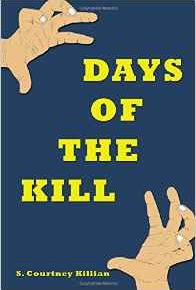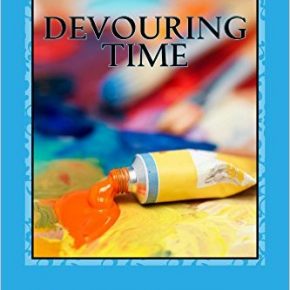Cottonwood Seeds
Cottonwood seeds are so tiny and small
And the wind can carry them far before they fall.
But do they have to arrive at my window screens
And plug all the openings as they come on the scene
Now, I think nature is a wonderful thing
But cottonwood seeds in my screens only bring
Scrubbing and cleaning and work so hard
That I think I will go out in my yard
And look at my screens to finally let out
My frustrated scream and as they are about
To take me away, I look once more
At seeds on the screens and I know that
They think they have won – but not for long,
Because a new season begins and will right this wrong.
The time for those seeds has ended.
I can now see the beauty that surrounds me again
And am grateful that nature finally stepped in.




